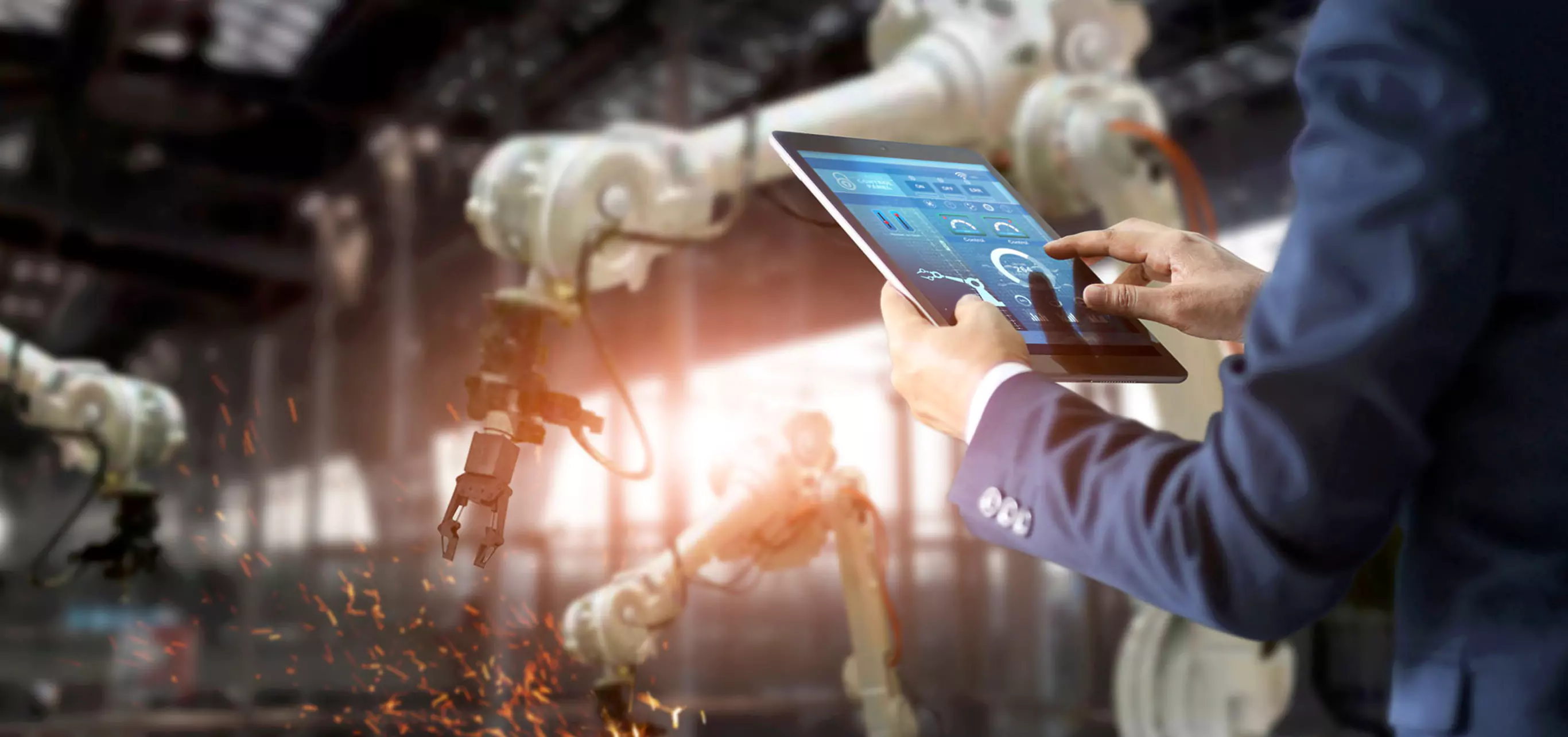RPA
(RPA) is the use of programming bots to automate exceedingly boring, repetitive tasks that are normally handled by data workers. Mechanical cycle automation (RPA) is a product innovation that makes it easier to create, send, and manage programming robots that mimic people's actions while collaborating with modernised systems and programming. Programming robots, like people, can understand what's on a screen, use the appropriate keystrokes, investigate systems, separate and isolate information, and accomplish a variety of specified activities. In any case, programming robots is faster and more reliable than programming people since they do not need to get up and stretch or take a break.

Mechanical association computerization streamlines labour processes, making associations more useful, adaptable, and responsive. It also improves employee satisfaction, accountability, and proficiency by removing routine tasks from their workdays. Mechanical communication computerization streamlines labour processes, making companies more useful, adaptable, and responsive. It also enhances representative fulfilment, accountability, and productivity by reducing dreary errands from their normal business days. Advanced robots might do mental tasks such as deciphering language, participating in visits and discussions, comprehending unstructured data, and applying advanced AI models to complicated decisions. When robots take over these types of mundane, high-volume tasks, people are free to focus on what they excel at and enjoy more: improving, collaborating, creating, and collaborating with clients. Efforts benefit from increased benefit, capability, and adaptability. It's no wonder that RPA is transforming the corporate narrative.
- RPA processes should be addressed specifically.
- Create a partnership between business and technology.
- Create an RPA champion and a technological centre of excellence.
- RPA needs to be regulated. Put money into RPA monitoring software.
